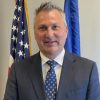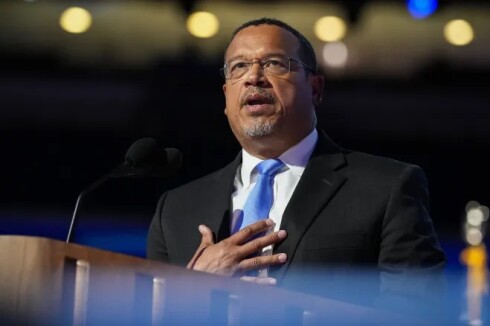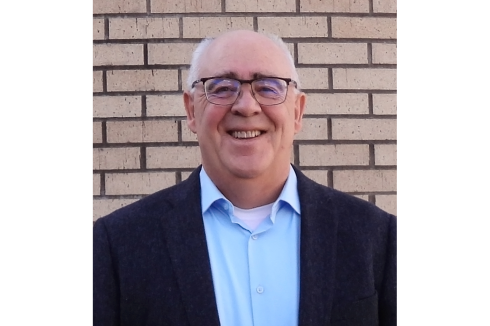MINNEAPOLIS — Starting this fall, students at Minnesota schools will get free meals regardless of their ability to pay.
A bill signed into law Friday, March 17, by Gov. Tim Walz provides more than $800 million in funding for school lunches and breakfasts over the next four years. A free meals program was one of the top priorities this session for the governor and Democratic-Farmer-Labor lawmakers, who say they want to craft a state budget that will prioritize education and families.
ADVERTISEMENT
Surrounded by students and supporters of the measure in the cafeteria at Webster Elementary School in Minneapolis on Friday, Lt. Gov Peggy Flanagan said providing meals will give students without access to enough food at home a better shot at succeeding in school.
"For far too many of our young people, the school cafeteria has been a place of shame and stigma," she said before Walz signed the bill into law. "Our students with lunch debts are students who skipped meals. Hunger is often invisible. It looks like distraction or tiredness or disinterest. It can be easy to miss the students who are falling behind because they're trying to learn on an empty stomach."
About one-third of Minnesota’s more than 800,000 public school students qualify for free or reduced-price lunches, according to Department of Education estimates — 275,000 students. The Hunger-Free Schools coalition, which includes Blue Cross and Blue Shield of Minnesota and food bank Second Harvest Heartland, estimates that one out of every six Minnesota children doesn’t have consistent access to nutritious food.
Minnesota is the fourth state to create a free school lunch program, Walz said. Other states such as California and Maine have universal lunch programs and Colorado voters in November approved a new tax on its wealthiest residents to create a free school lunch program.
The Senate approved the bill Tuesday 38-26. A House proposal authored by Rep. Sydney Jordan, DFL-Minneapolis, passed in February 70-58.
Supporters say the program would relieve financial stress on students and families, help kids do better in school, and reduce the stigma or shame by guaranteeing all students access to the same food. House Majority Leader Jamie Long, DFL-Minneapolis, said the program could save some families $800-$1,000 each year.
Under the free meals program, students would be guaranteed access to the same school lunch provided to all other students under federal nutrition guidelines. Other options in cafeterias, such as snack bars where students can purchase items like sugary drinks, would not be covered by the funding.
ADVERTISEMENT
Schools in the federal school meals program provide free breakfast and lunch to all students. Just one Minnesota school district, Wayzata in the western Twin Cities suburbs, does not participate in the program.
Initial funding would start in the 2024 fiscal year, with $190 million. That amount would increase to $213 million by 2027.
Republican opponents of the bill raised concerns about the potential for waste and misappropriations. Others said the state would be better off spending money on improving reading and math scores. Sen. Steve Drazkowski, R-Mazeppa, got national attention for remarking on the Senate floor that he had never met a hungry Minnesotan.
“I have yet to meet a person in Minnesota that is hungry,” he said. “I have yet to meet a person in Minnesota that says they don’t have access to enough food to eat.”
Flanagan at the Friday bill signing took aim at Drazkowski, and talked about her own experiences growing up on government assistance, including free and reduced-price lunch.
"To our decision makers who believe they have never met someone who is experiencing or has experienced hunger. Hi. My name is Peggy Flanagan. And I was one in six of those Minnesota children who experienced hunger," she said.
Follow Alex Derosier on Twitter @xanderosier or email aderosier@forumcomm.com .
ADVERTISEMENT
















